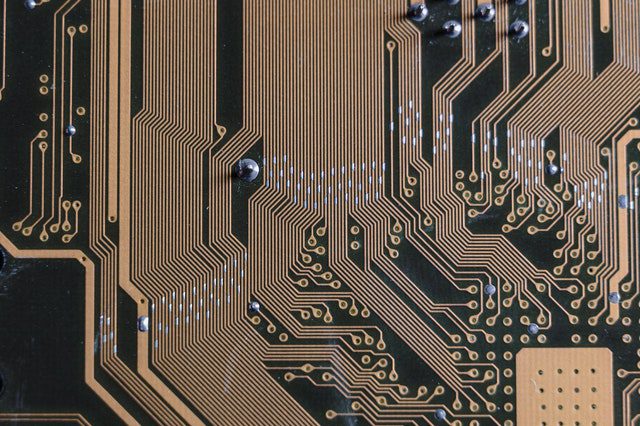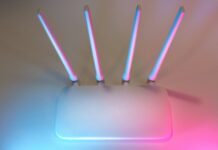Currently, HDI (High-Density Interconnect) technology usage is increasing. All because it will offer a solution for even small PCB durably and efficiently. At the same time, HDI technology let lighter and smaller products work faster. Before that, it wants to blindly leverage buried vias that can be staggered, stacked, and integrated with microvias. Through HDI, that process has completely changed. The reason why HDI has become popular in the field of PCB is that it will offer massive technology benefits. Primarily, HDI PCB technology provides improved functionality in smaller consumer products, denser BGA and QFP packages. Notably, it will lower the heat transfer via inducing stress. As a result, the circuit boards take only less space. When the board is small in size, there will be a smaller streamlined package. Likewise, it will give a lot of benefits. Check the below article to know what HDI PCB is and its benefits.
What is meant by HDI PCB?
As mentioned before, HDI technology offers a solution for even small PCB. When it comes to HDI PCB, the boards have a large number of interconnections, even within small spaces. If all the components are placed closer together on the board automatically, it will result in a decrease in overall size. However, the functionality remains the same as the larger one. Along with that, the board features 120 to 160 pins per square inch. The reason why components will get placed closer is to create versatile routing. Truly, the implementation of this technology is all because of microvia technology, along with buried and blind vias. One thing about HDI PCB technology is that it will undoubtedly give an efficient solution. That is why most industries are currently using the technology. The popularity of the technology is because of its wide range of benefits. The following are the topmost benefits you can obtain by choosing the technology.
The benefit of HDI PCB
In general, HDI PCB boards are best in weight, space, reliability, and performance. Truly, these are the primary reasons for the popularity of technology. Importantly, it comes in compact design by combining blind vias, buried vias, and microvias. By this, the overall board space gets reduced. Also, HDI includes both via-in-pad and blind via technology. Therefore, the board can allow components to easily get placed and closed, which will cut down the signal path length. The HDI technology has taken via stubs; hence the reflection of the signal gets decreased. As a result, it will enhance the overall signal quality. Along with that, the signal integrity because of shorter signal paths also improves without any doubt. The available stacked vias make this board a shield even when the environmental condition worsens. Though the technology has compact plus various aspects, it never compromises the overall quality of the board at any cost.
Why use HDI PCB?
In general, HDI PCB lets massive components get placed even on the small board on both sides. Significantly, the technology will reduce the power usage; as a result, the battery will come or long term. Also, the complete board is lightweight and small size PCBs. And importantly, it will transmit the signal faster. Thus, the overall signal quality will get enhanced. When compared with the traditional one, it is best in all terms.
Help keep news FREE for our readers
Supporting your local community newspaper/online news outlet is crucial now more than ever. If you believe in independent journalism, then consider making a valuable contribution by making a one-time or monthly donation. We operate in rural areas where providing unbiased news can be challenging. Read More About Supporting The West Wales Chronicle

























